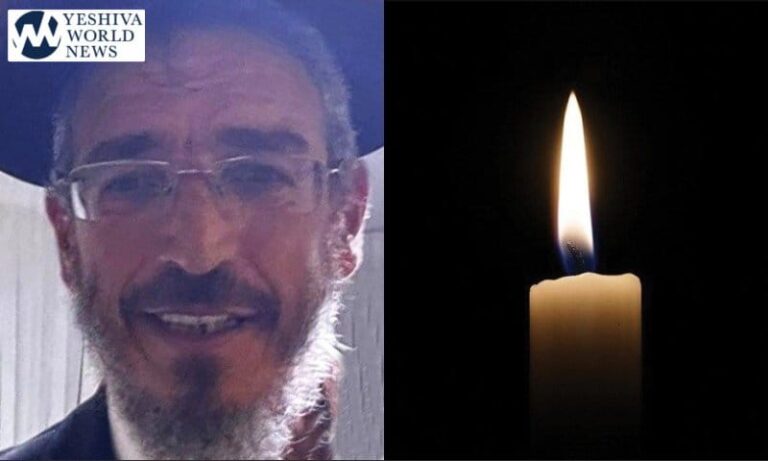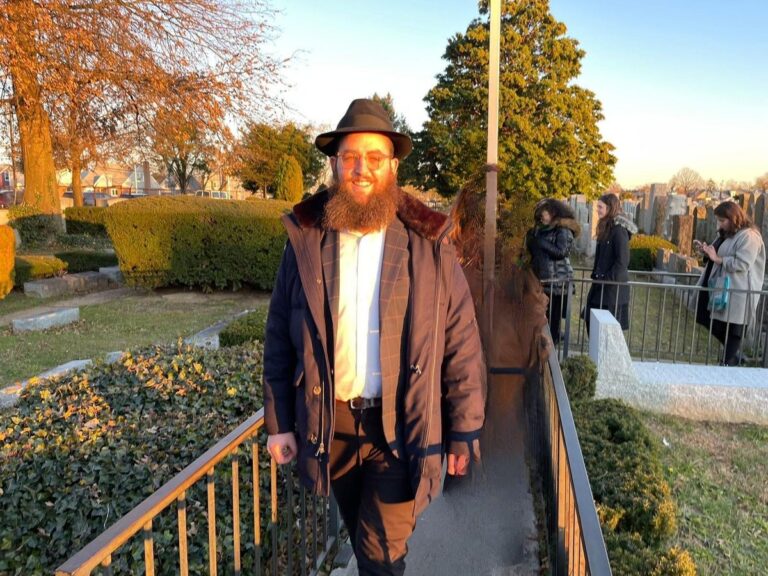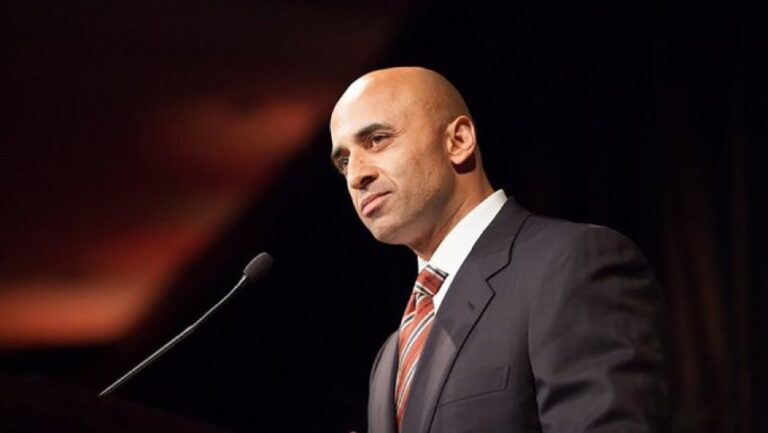 On Thursday, August 6, after months of concerted effort by the leadership of the Chicago Rabbinical Council (cRc), Governor Bruce Rauner signed Senate Bill 1228 to amend the Grade A Pasteurized Milk and Milk Products Act, at the Thompson Center in downtown Chicago. Senator Ira Silverstein, Rabbi Levi Mostofsky, Executive Director of cRc, and Rabbi Dr. Jerold Isenberg, President of cRc, attended the signing.
On Thursday, August 6, after months of concerted effort by the leadership of the Chicago Rabbinical Council (cRc), Governor Bruce Rauner signed Senate Bill 1228 to amend the Grade A Pasteurized Milk and Milk Products Act, at the Thompson Center in downtown Chicago. Senator Ira Silverstein, Rabbi Levi Mostofsky, Executive Director of cRc, and Rabbi Dr. Jerold Isenberg, President of cRc, attended the signing.
The Grade A Pasteurized Milk and Milk Products Act had allowed the sale of milk from any hooved animal, “including milk from pigs and camels,” said Rabbi Sholem Fishbane, Kashrus Administrator of the Chicago Rabbinical Council. This allowed for the possibility that milk from a non-kosher animal could be added to cow’s milk, and it still would have been labeled as milk. The new bill requires that even the smallest amounts of milk from any animal source other than a cow not be sold unless it is labeled accordingly.
The efforts began when a consumer read about the act online and alerted Rabbi Fishbane, who contacted Senator Silverstein. The Senator agreed to sponsor the legislation, and asked the cRc to join him in crafting an amended bill.
In March, Rabbi Yona Reiss, Av Beth Din of the cRc, traveled to Springfield, Illinois with Senator Silverstein to lobby the Illinois General Assembly. Rabbi Reiss, a graduate of Yale law school, presented before the legislature, met with key
figures, and crafted language in negotiation with other special interest lobbies in order to make sure to protect the Jewish consumers who rely on such legislation to be able to consume milk and milk products.
“It is now a clear violation of law if milk from a non-kosher animal is sold without proper labeling,” explained Rabbi Reiss.
“Rabbi Reiss did an outstanding job explaining the whole issue to the committee,” said Senator Silverstein. “He [Rabbi Reiss, himself] rewrote the bill several times.”
“The cRc is protecting the Jewish community to make sure …milk is kosher. They did the right thing going to the Illinois General Assembly to resolve this issue,” said Senator Silverstein.
Rabbi Fishbane noted that it is significant that it was a consumer who initially informed the cRc about the act. We “can service people better when consumers work together with us,” he said.
(YWN World Headquarters – NYC)











13 Responses
How were CRC giving approval for dairy products/ Duncan Donuts etc until now ?
The milk could have been trief .
Wait a minute!This Problem could then exist In all the other 49 states?It’s always been told to me from rabbonim in the field that this is not so and,although there is still good reason for cholov Yisrael, non cows milk simply cannot get mixed in.This is even considered true internationally, atleast in the western countries. In short this would seem to be a problem not just in Illinois but in all states and internationally with cholov Stam.Please write an article to clarify.
Camels don’t have hooves.
Practically speaking, there’s no money in adulterating cows’ milk with the milk of other animals. The milk of other animals is either a premium item (camel’s milk is available in the U.S. at a very high price — there’s a website that sells 12 pints for $208) or hard to produce (try hooking up a machine meant for a cow’s four teats to a sow’s 12 or more much smaller teats).
There is still the issue of the corn feed cows getting bloated stomachs, and having to puncture them; rending the cow treif. The cholov Yisroel farms pull those cows out of their production lines. I called J&J years ago to confirm this issue.
#3-camels have a bottom padding that the Torah considers a hoof.See sefer zeh hadavar and others for more info
Also we’re talking about adding a little from storage.not using same machine to milk
re #3–Camels have hooves, not split.
But why don’t they push chalav yisrael in Chicago. I once visited and was surprised that not using Chalav Yisrael is acceptable among frum people in Chicago–couldn’t get a satisfactory answer.
As a side point (not related to this article), people should know that the this cRc isn’t the original CRC that gives hechsheirim. They are in New York whereas this cRc is in Chicago.
#3:
“Camels don’t have hooves.”
But they have filters.
Not all. Some don’t have filters.
And who wouldn’t walk a mile for some milk. (For the old-timers!)
#8:
There are two kashrus organizations known as the “crc”. One is the “Central Rabbinical Congress of the U.S.A. and Canada” (an oval with “CRC” inside, as well as a symbol which looks like a ribbon) based in New York. Another is the Chicago Rabbinical Council (“cRC” within a triangle) referenced in this article, which has a Beis Din as well as a hashgacha and is headed by Rav Gedalia Dov Schwartz.
#8- The cRc (Chicago Rabbinical Council) was founded in 1932. Satmar’s CRC (Central Rabbinical Congress) was only founded in 1953. So the Chicago cRc is the ‘original’ one, predating the NY CRC by 21 years.